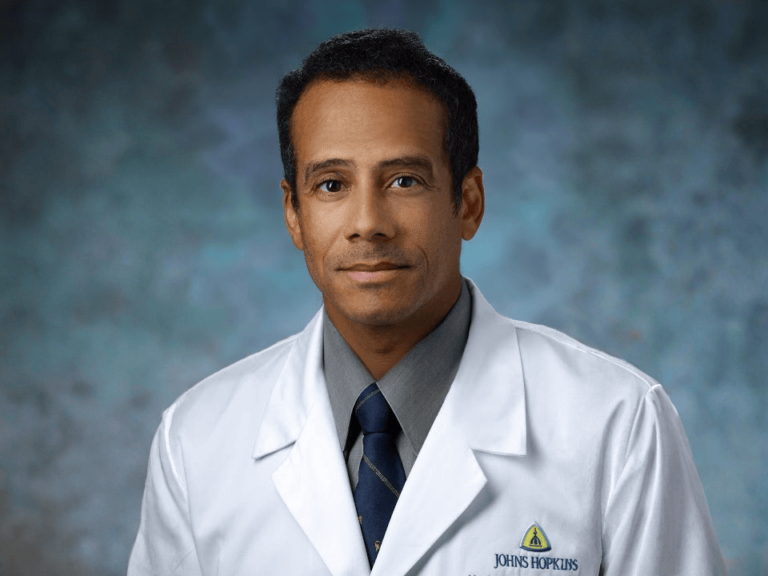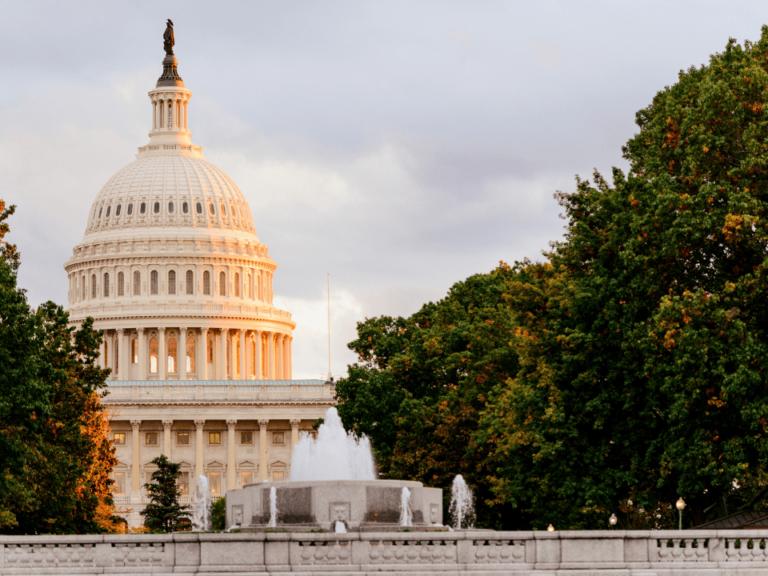As the Trump administration reshapes the cancer research enterprise that was built on the foundation of the National Cancer Act of 1971, the Cancer History Project presents an eyewitness account of the impact of this landmark law.


In 2020, Walter Lawrence Jr., a giant in surgical oncology, sat down for a conversation with Paul Goldberg, editor and publisher of The Cancer Letter, and Robert A. Winn, director of VCU Massey Comprehensive Cancer Center, to discuss the National Cancer Act, social justice, health equity, and his remarkable career.
Lawrence died one year later, on Nov. 9, 2021 (The Cancer Letter, Nov. 12, 2021).


This oral history interview is the first episode in the re-launch of the Cancer History Project Podcast, a monthly podcast featuring archival content and interviews about the history of oncology—available on Spotify and Apple Podcasts.
Lawrence was one of the founders of the field of surgical oncology, setting up the first-ever university-based division of surgical oncology at what later became VCU Massey Comprehensive Cancer Center, in Richmond, Virginia. He served as director of VCU Massey from 1975 to 1988, during which time the cancer center earned NCI designation.
“The thing that was exciting about the National Cancer Act, which I think was one of the best things President Nixon did, among things that weren’t so good, was that it did bring the federal government into the funding of various kinds of research,” Lawrence said.
Lawrence saw promise in the National Cancer Act, and earning the Cancer Center designation from NCI in 1975 allowed VCU, then called the Medical College of Virginia, to become systematically involved in clinical trials.
“We were pretty excited here when we had a lot of people at the basic science level and at the clinical level who all wanted to work together and collaborate. But having a cancer center funded by the government would really be helpful in that regard,” Lawrence said.
The thing that was exciting about the National Cancer Act, which I think was one of the best things President Nixon did, among things that weren’t so good, was that it did bring the federal government into the funding of various kinds of research.
Walter Lawrence Jr.
In the past few weeks, actions by the Trump administration appear to be severely restricting or outright eliminating NCI’s and the federal government’s ability to generate crucially important epidemiological data, conduct peer review, and disseminate scientifically verified information to physicians and the public.
These actions by the Trump administration, which are discussed in this issue, include:
- Restructuring—and arguably curtailing—systematic peer review by eliminating the NCI Board of Scientific Advisors (The Cancer Letter, May 2, 2025),
- Elimination of state cancer registries operated by the Centers for Disease Control and Prevention (The Cancer Letter, May 2, April 25, 2025),
- Changing the manner in which cancer centers are reviewed by eliminating the institution of a site visit as a component of review.
“The National Cancer Act really gave us a lot of enthusiasm about the future, getting more things done in terms of improving the whole problem of cancer overall, patient wise and in the laboratory,” Lawrence said in the 2020 interview.


Read more on the Cancer History Project.
Walter Lawrence Jr. archives
- ACS President Lawrence Emphasizes Prevention Gains Since 1971, The Cancer Letter, April 10, 1992
- Video: Dr. Walter Lawrence: A VCU Legacy, by VCU Massey Cancer Center, Nov. 16, 2015
- Walter Lawrence photo archive, photographs spanning 1952-2020
- Walter Lawrence, 95, reflects on the National Cancer Act, social justice, and COVID-19, The Cancer Letter, Aug. 7, 2020
- Walter Lawrence, cancer surgeon and civil rights hero, dies at 96, by Robert A. Winn and Gordon D. Ginder, The Cancer Letter, Nov. 12, 2021
- Related: Wayne Frederick on the legacy of LaSalle Leffall, Jr., Cancer History Project, Feb. 4, 2022
The Cancer History Project is a free, collaborative archive of oncology history that aims to engage the scientific community and the general public in a dialogue on progress in cancer research and discovery.
This project is made possible with the support of our sponsors: the American Society of Clinical Oncology, the University of Texas MD Anderson Cancer Center, ACT for NIH, UK Markey Cancer Center, Rutgers Cancer Institute of New Jersey/RWJBarnabas Health, The University of Kansas Cancer Center, and the National Comprehensive Cancer Network.
The Cancer History Project is an initiative of The Cancer Letter, and is backed by 60 partners, spanning academic cancer centers, government agencies, advocacy groups, professional societies, and more.
Interested in learning more about the history of oncology? Subscribe to our monthly podcast on Spotify or Apple Podcasts.











